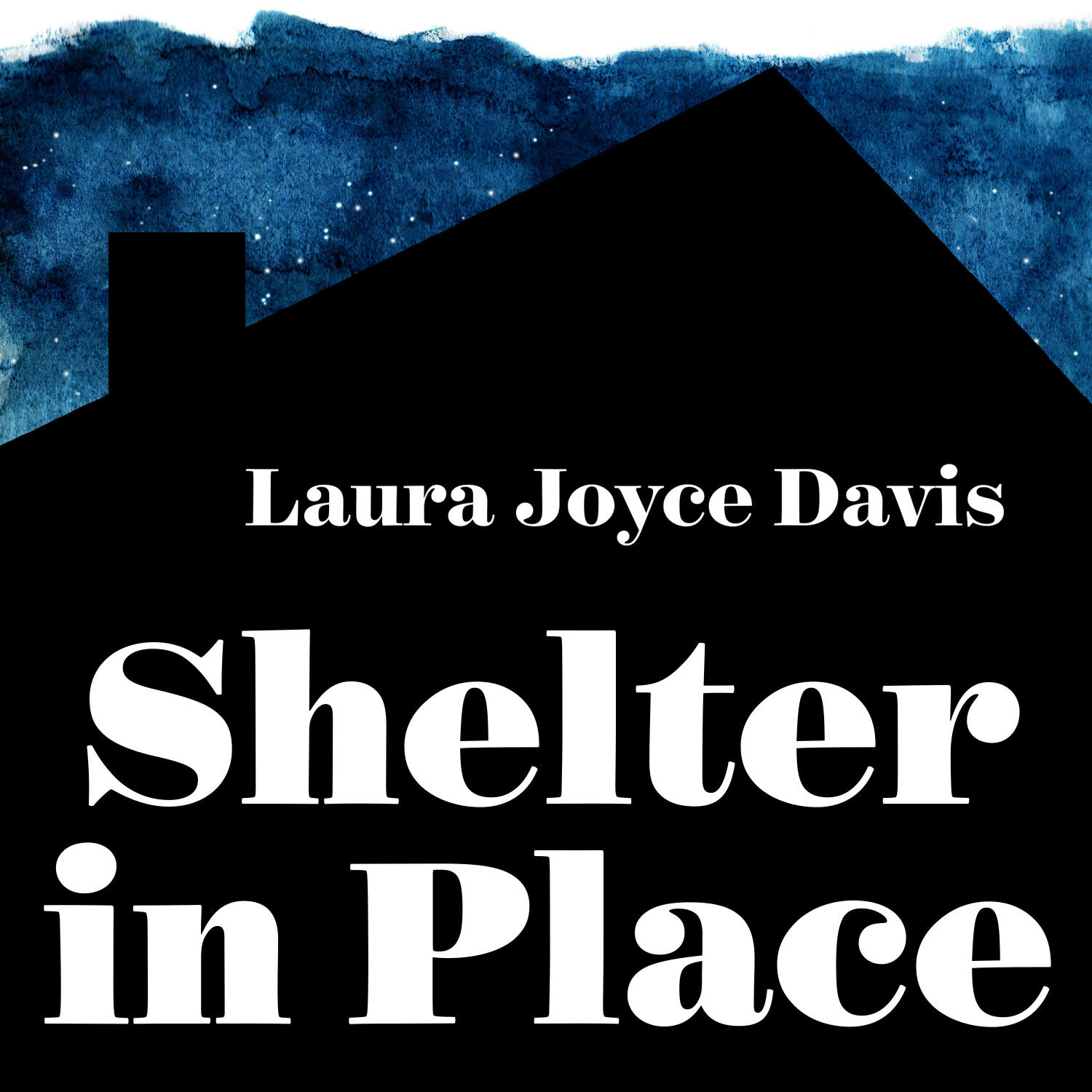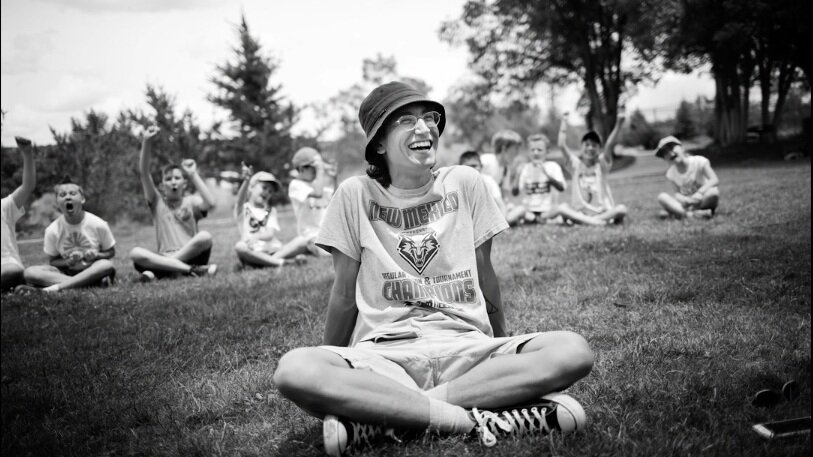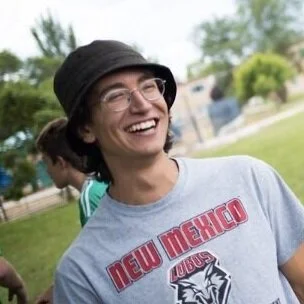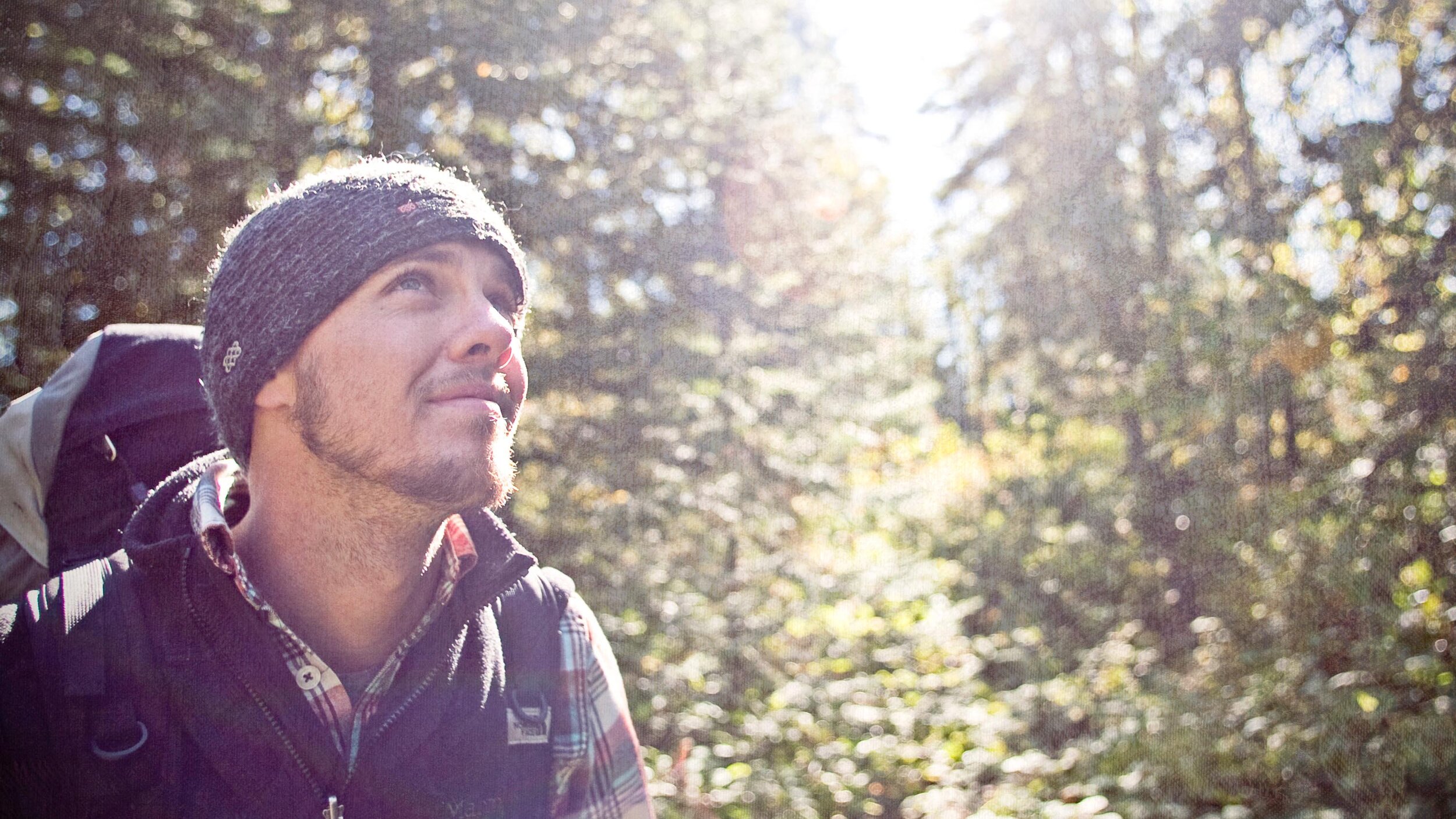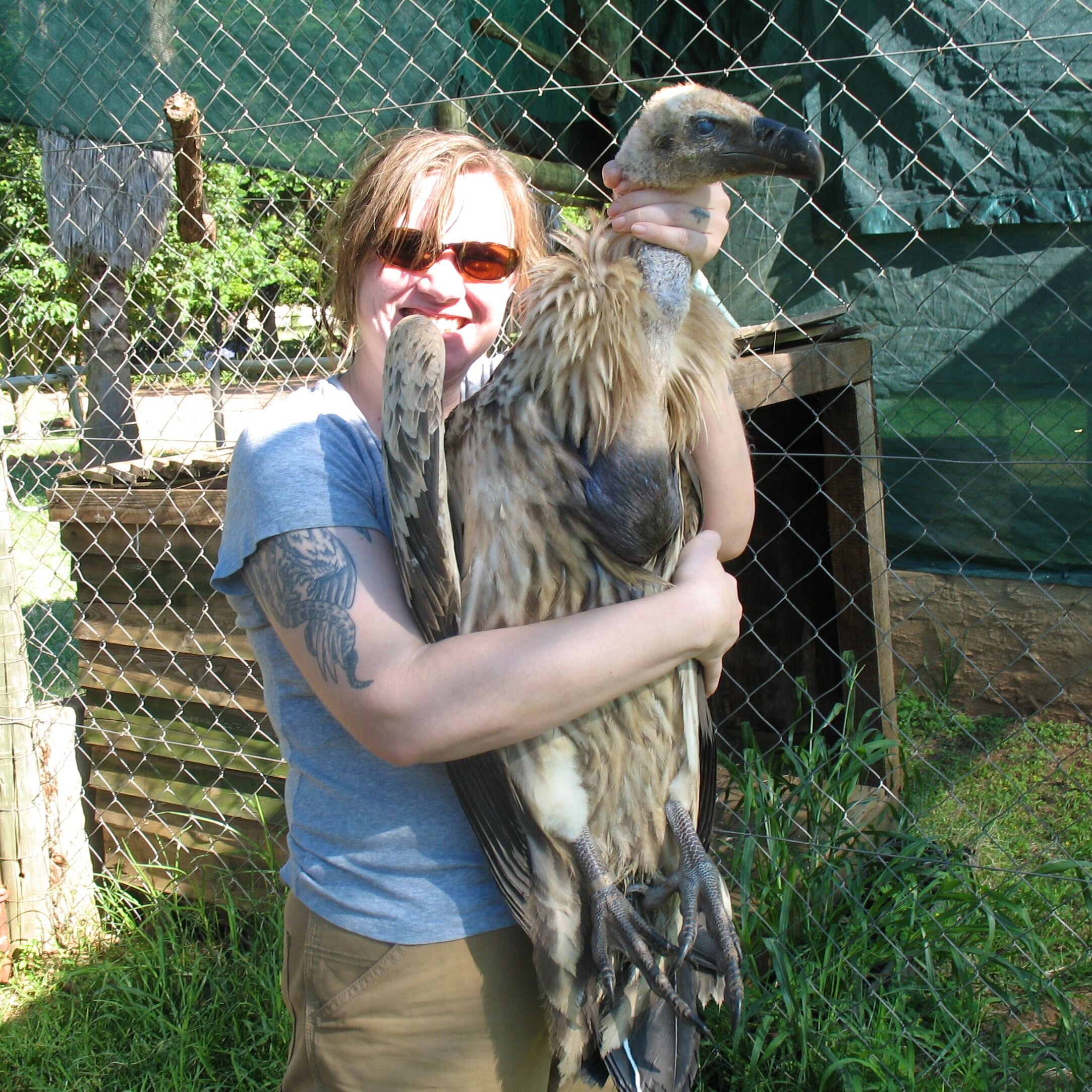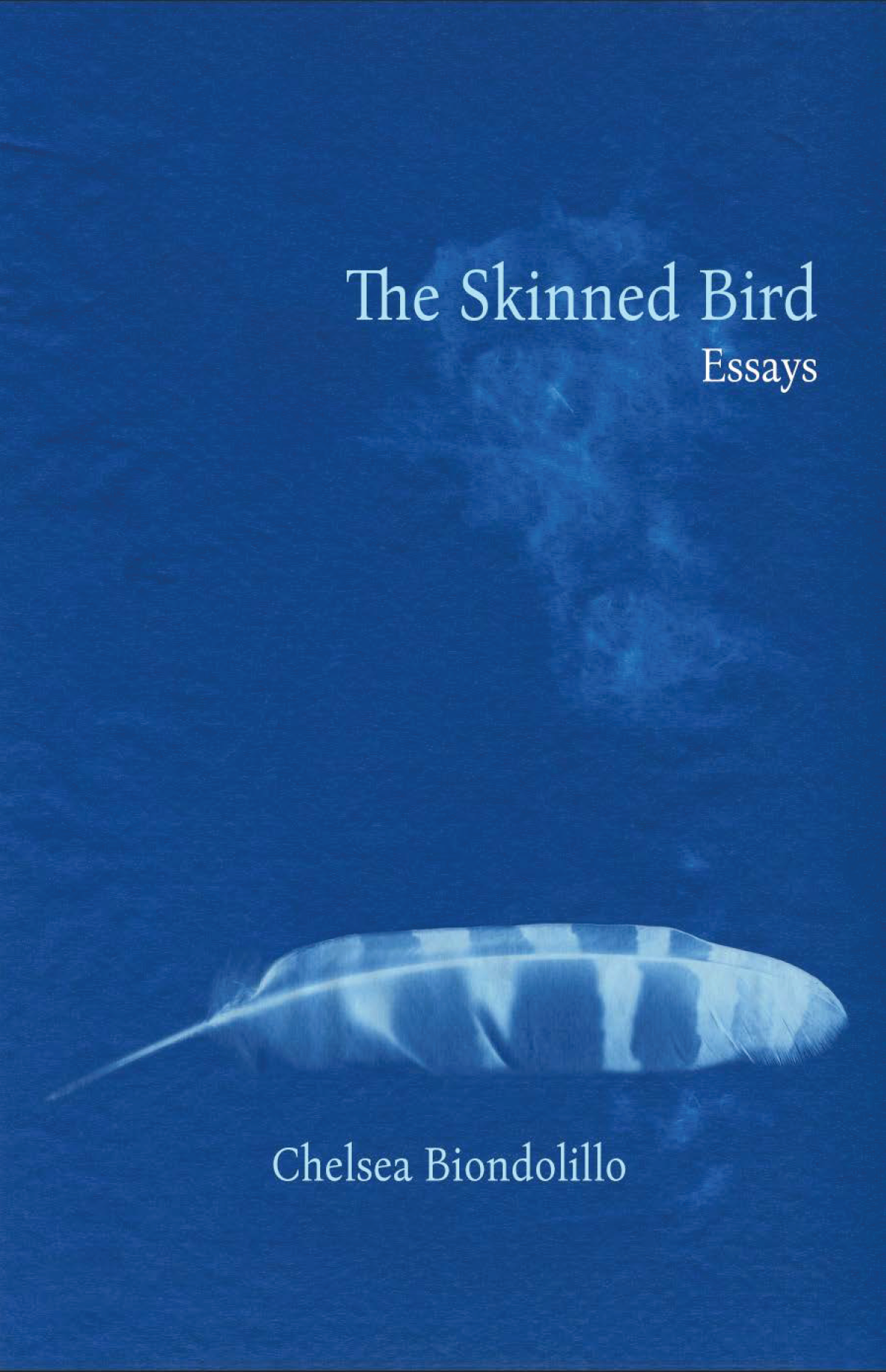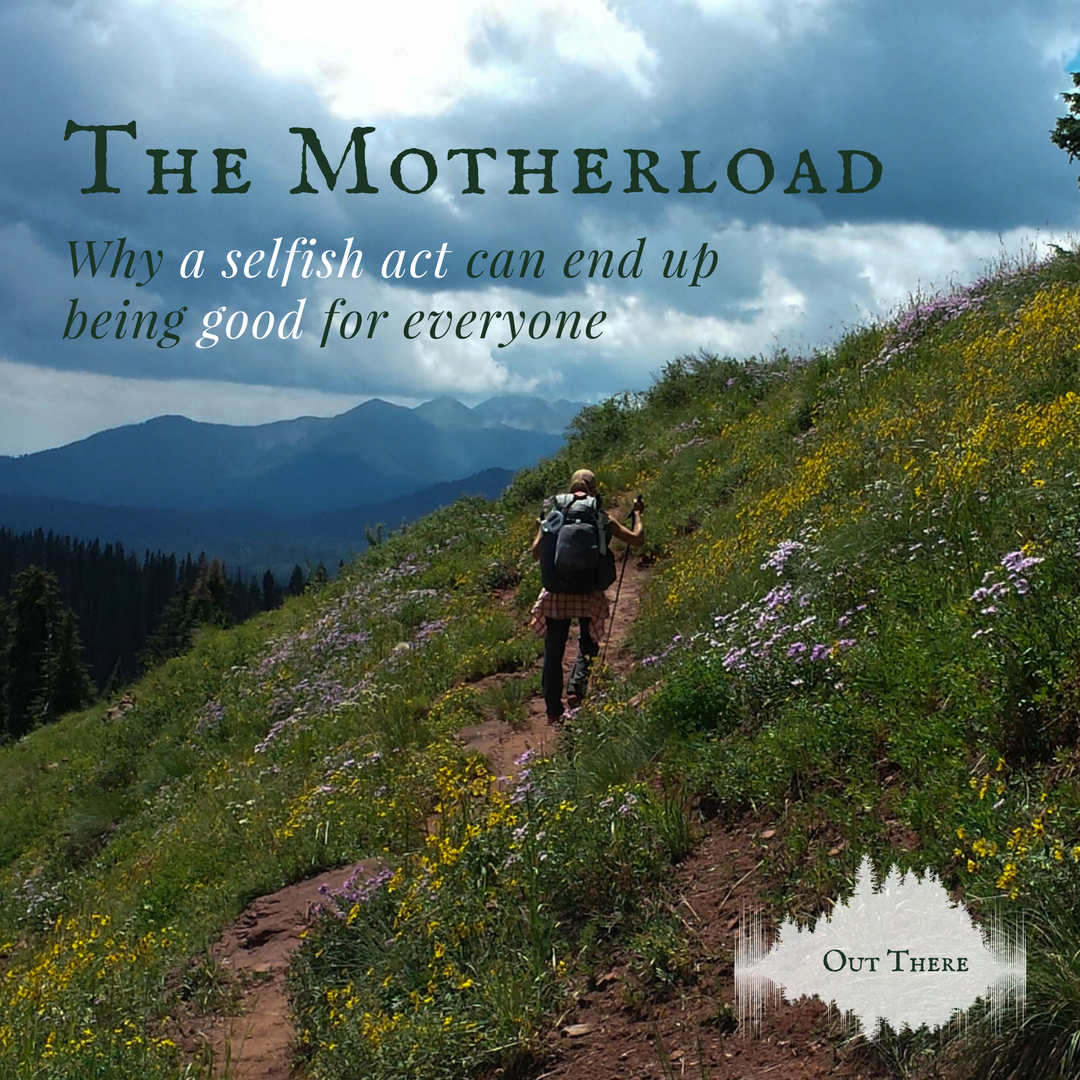Coping with Cancelled Dreams
/How one kayaker is finding joy after abandoning her Inside Passage expedition
Susan Conrad’s expedition up the Inside Passage was supposed to be a 10-year anniversary trip; it was cancelled due to the Coronavirus pandemic (Photo by Susan Conrad)
“Life isn’t about waiting for the storm to pass… it’s about learning to dance in the rain.”
— Anonymous
Susan Conrad was supposed to begin a three-month expedition up the Inside Passage on May 16. But like so many plans that have been derailed due to the Coronavirus pandemic, her voyage has been cancelled.
On this episode, we talk with Susan about how she’s coping with a disappointment of this magnitude.
Want to hear more from Susan Conrad?
For the story of her initial Inside Passage trip, click here.
For her memoir about that voyage, click here.
Join us for our first-ever live storytelling event!
Grab a drink and a snack, and curl up on your couch for an evening of true stories about first times in the outdoors.
Click here to save your seat.
Be our summer production intern!
Want to hone your audio storytelling skills?
This internship is a chance to work with an award-winning podcast team on all aspects of production, from story selection and script editing, to sound design and mixing.
Applications are due May 15.
Discounts from our sponsors
For 30% off your Cusa Tea order, enter the promo code “OUTTHERE” at checkout.
For 10% off your Kula Cloth order, enter the promo code “OUTTHERE” at checkout.








